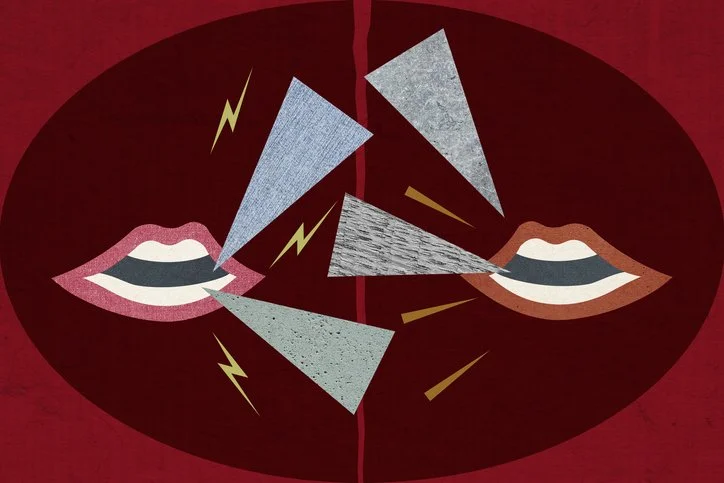Why We Always Want to Be Right — And How That Can Get in the Way
By Joy Stephenson-Laws, Holistic Coach, J.D., Founder
Introduction
Have you ever gotten into an argument where you just had to prove your point — even if it meant hurting someone’s feelings or ignoring facts? If so, you’re not alone. Most of us love being right. It feels good. It makes us feel smart. But constantly needing to be right can actually cause more harm than good.
So, why does this happen? And what can we do to focus more on learning than on “winning”?
Why We Need to Be Right
Psychologists (that’s people who study how we think and feel) say that the need to be right comes from our ego — our sense of self. When someone disagrees with us, it can feel like they’re attacking who we are, not just our ideas.
Also, our brains have some weird habits called biases. These are shortcuts in how we think — and they don’t always lead us to the truth.
Here are a few common ones:
Confirmation bias: Only listening to things that support what we already believe.
Overconfidence: Thinking we know more than we actually do.
Myside bias: Always thinking our side of an argument is the best, no matter what.
Real-Life Examples
School Debates or Group Projects
Ever worked on a group project where someone insisted their idea was the only good one? Maybe it was you? When people have to be right, it can shut down teamwork and make others feel invisible.Friend Fights
Imagine you and your best friend disagree about something — say, whether pineapple belongs on pizza. It might seem silly, but if you push too hard to be “right,” it can turn into a real argument. Being open-minded is often more important than being correct.Social Media Arguments
Have you seen people fight in the comments on Instagram or TikTok? A lot of the time, no one actually listens — they just try to win. This doesn’t help anyone learn or grow.
What Happens When You Let Go of Being Right?
Letting go of the need to be right doesn’t mean you’re weak. It means you’re humble — especially intellectually humble. That’s when you admit you could be wrong and are open to other ideas.
Studies show that people who are intellectually humble:
Are better at solving problems with others.
Have stronger friendships.
Are more open to new ideas and more likely to learn.
How to Be a Better Thinker (and Friend)
Here are a few things you can do:
Ask Questions Instead of Making Statements
Try saying: “That’s interesting. Why do you think that?”
This shows you’re curious instead of trying to win.Admit When You Don’t Know
Saying “I’m not sure” or “You might be right” is a sign of confidence, not weakness.Be Okay with Changing Your Mind
It means you’re learning — and that’s the whole point of thinking, isn’t it?Practice Active Listening
Instead of planning your comeback while someone talks, actually listen. You might learn something surprising.
Conclusion
It’s totally normal to want to be right — we all do. But when being right becomes more important than being kind, open-minded, or curious, it gets in the way of relationships and learning.
So next time you’re in a disagreement, ask yourself: Do I want to win this, or do I want to understand this?
Want to Learn More?
If you’re curious about this topic, check out these cool studies and articles that inspired this blog:
Leary, M. R., Diebels, K. J., Davisson, E. K., Jongman-Sereno, K. P., Isherwood, J. C., Raimi, K. T., & Hoyle, R. H. (2017).
Cognitive and interpersonal features of intellectual humility.
Personality and Social Psychology Bulletin, 43(6), 793–813.
https://pubmed.ncbi.nlm.nih.gov/28903672/Zmigrod, L., Rentfrow, P. J., & Robbins, T. W. (2019).
Cognitive inflexibility predicts extremist attitudes.
Frontiers in Psychology, 10, 989.
https://www.frontiersin.org/articles/10.3389/fpsyg.2019.00989/fullBowes, S. M., Costello, T. H., McElroy-Heltzel, S. E., Lee, C., Davis, D. E., & Lilienfeld, S. O. (2021).
Stepping outside the echo chamber: Is intellectual humility associated with less political myside bias?
Personality and Social Psychology Bulletin, 47(11), 1611–1624.
https://journals.sagepub.com/doi/abs/10.1177/0146167221997619




